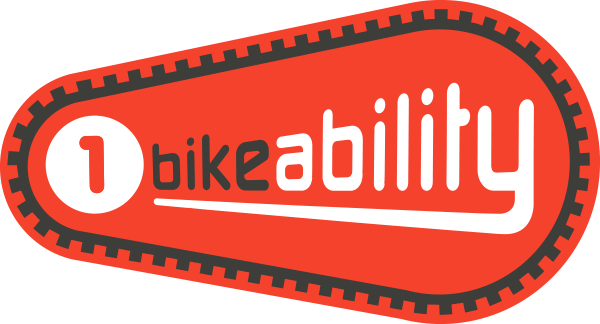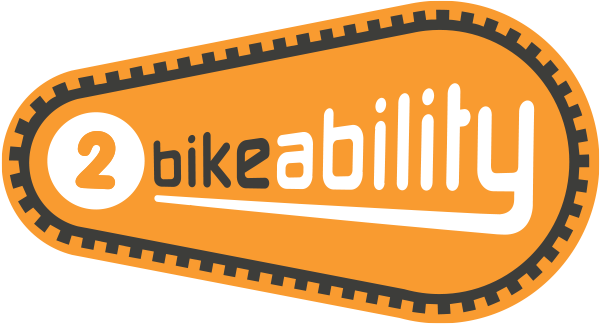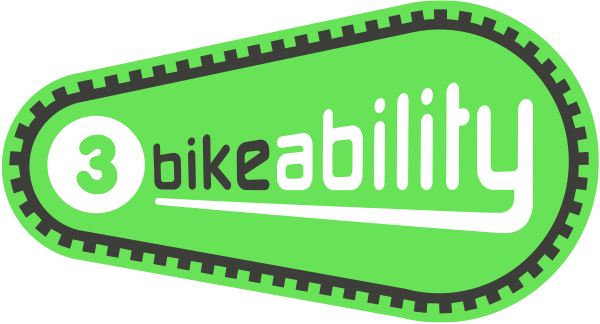Bikeability Cycle Training
There are three Bikeability levels. A child will typically start Bikeability lessons once they have learnt to ride a bike at Level 1, with 10–11 year olds progressing through to Level 2, and then Level 3 at secondary school (11–18 year olds).
We tailor each session to the school and its children’s needs. Bookings are taken electronically, with school admin staff having live access to the bookings.
Certificates for each level are awarded to children who take part in our courses. Riders are encouraged and inspired to achieve all three levels, recognising that there is always more to learn and to enjoy on a bike.
Inclusive approach: no bike or no helmet, don’t worry — we can provide these for your child, allowing us to reach and include more children. When booking a place for your child, simply add to the notes and we will ensure there is the kit they need for their Bikeability session.
Bikeability is 'cycling proficiency' for the 21st century, designed to give the next generation the skills and confidence to ride their bikes on today’s roads.
Frequently Asked Questions
-
Bikeability is completely free* for your child. There's no charge at all to parents. It's a fantastic opportunity to give your child crucial cycling skills at no cost.
*Bikeability in schools is fully funded. Sessions outside of school are not
-
Contact your school directly and they'll support you through the process, or message Pedal Power and we'll guide you through it. We're here to help!
-
Children who haven't learnt to cycle proficiently on roads face greater risks. Bikeability teaches crucial, lifelong skills that give children the confidence to cycle independently, promoting physical and mental wellbeing, independence, and a healthier, greener lifestyle by encouraging active travel over car use.
-
We're not reinventing the wheel – we're teaching children how to use roads and understand how other road users might behave. All routes are pre-screened for suitability and carefully matched to your child's skill level, ensuring real-world experience in a controlled, supportive environment.
There are 3 levels of Bikeability, find out more about each one here:
-
Your child will be guided by qualified instructors who know exactly what to do in typical road scenarios. These are controlled, guided rides that build confidence gradually through practical, real-world experience.
Find out more about our Instructors
-
We spread learning across a week-long course with small, manageable amounts of information each day – not crammed into one or two sessions. This approach helps children absorb and retain crucial skills effectively.
-
Absolutely! We can provide a bike and helmet if your child doesn't have their own. Just tick the boxes at the point of booking to let us know what your child needs and will be ready for them for their session.
The 3 Bikeability Levels
-

Bikeability Level 1
The Bikeability Level 1 course aims to develop mastery in cycle handling in an off-road environment and prepare riders for cycling on the road. Riders must be able to cycle (i.e. pedal and glide) to participate in Bikeability Level 1.
-

Bikeability Level 2
The Bikeability Level 2 course aims to develop riders’ skills and confidence for cycling on single-lane roads and simple junctions with mostly moderate motor traffic flows and prepares riders for cycling on more complex, often busier or faster roads and junctions.
-

Bikeability Level 3
The Bikeability Level 3 course aims to develop riders’ skills and confidence so they can ride in diverse road environments, including complex, often busy roads and junctions.
Bikeability In Schools
What's the difference between Bikeability level one, two and three? Bikeability Executive Director, Emily Cherry, explains.
“I can't thank you enough and I just wanted to cry with happy tears this morning!
My child absolutely adored you (which is high praise from her!!). You have truly transformed things for us, so thank you again.”
— Parent

